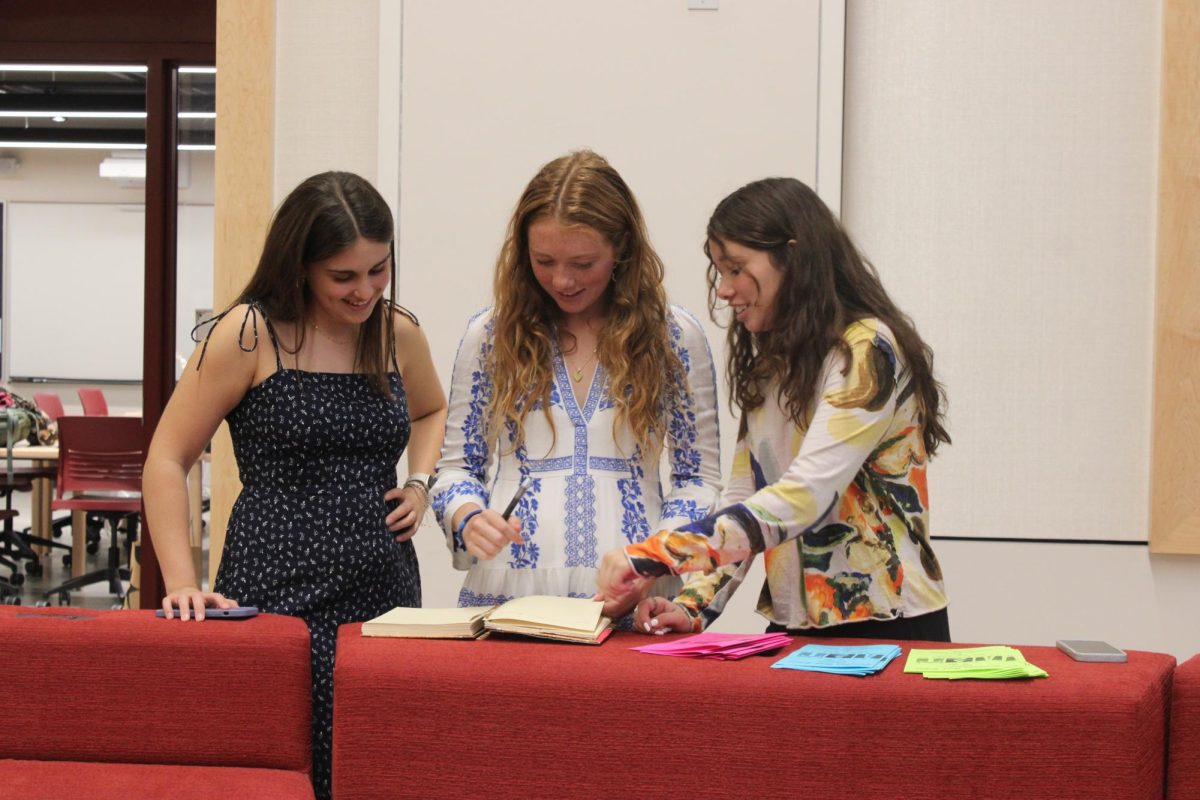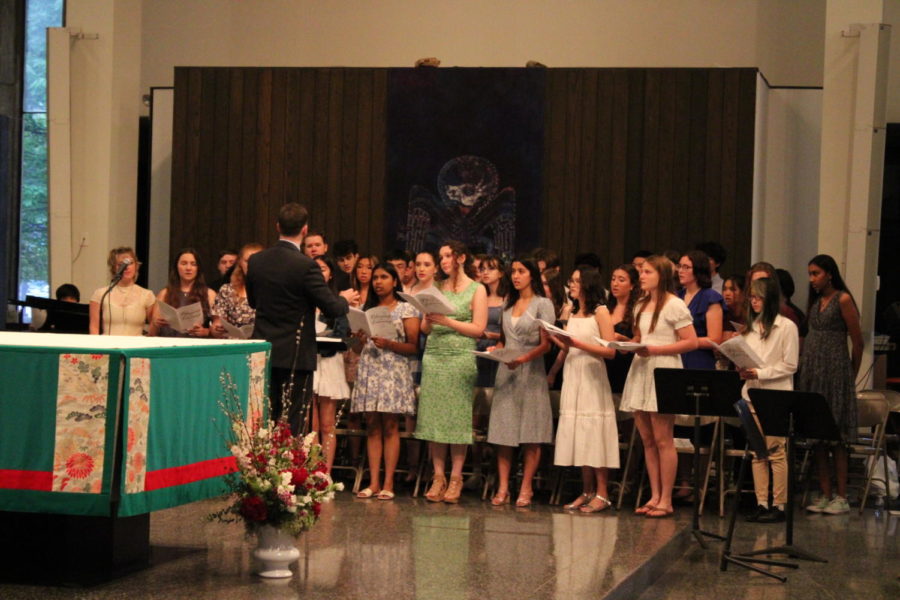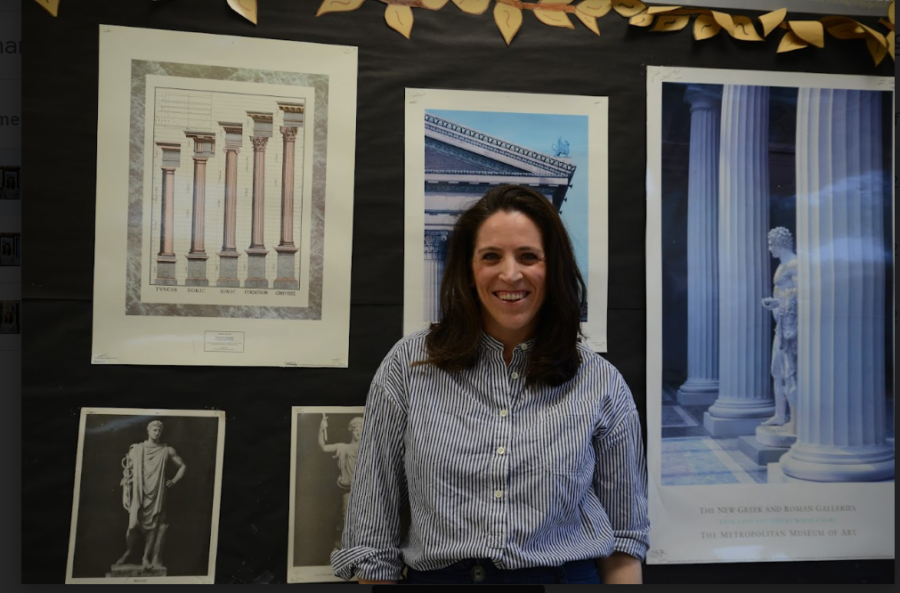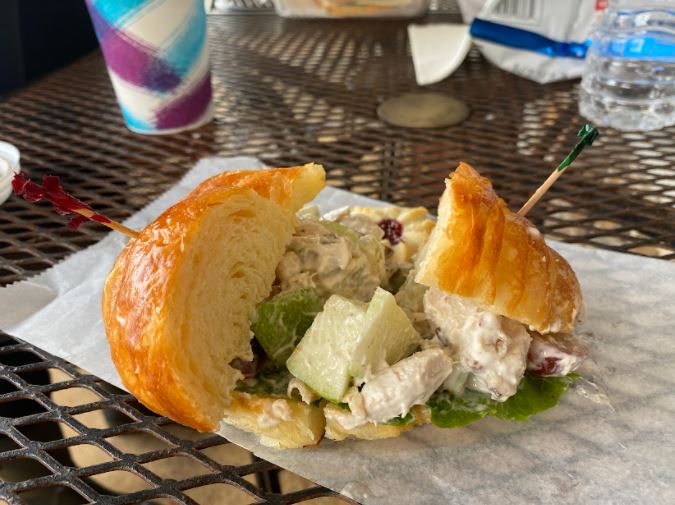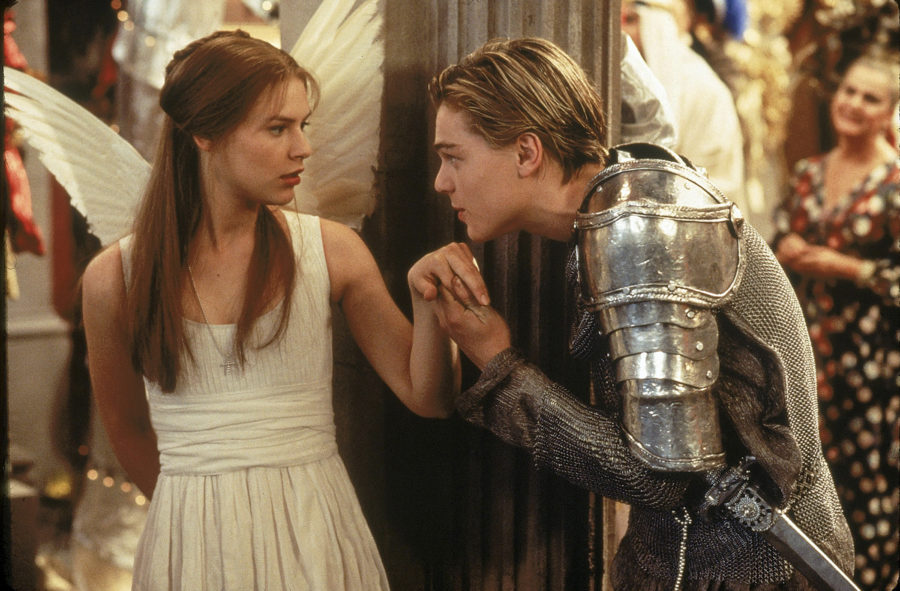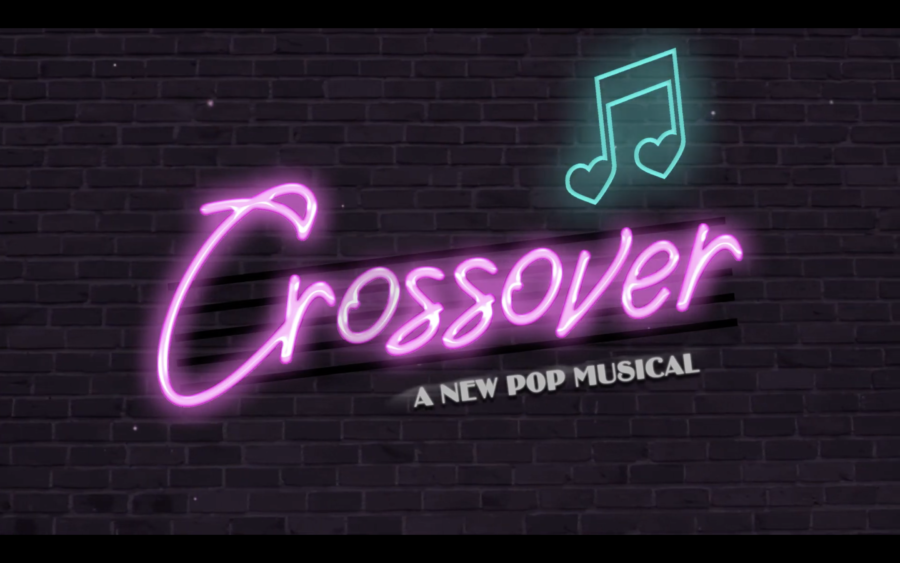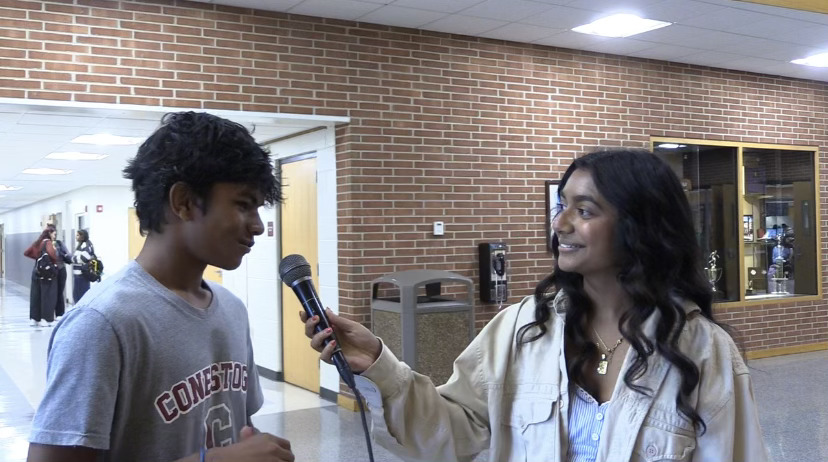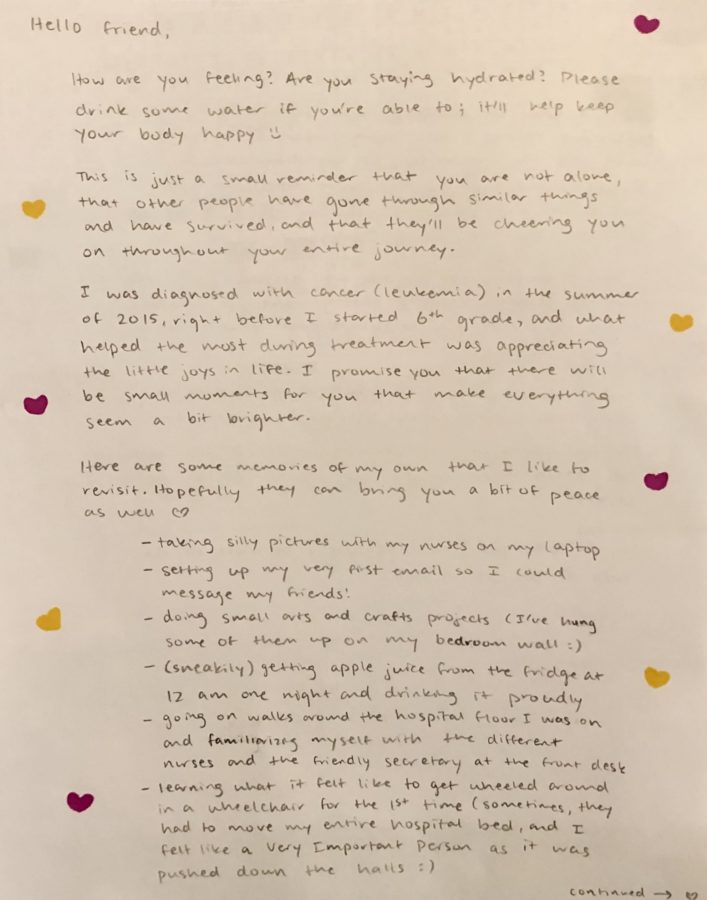By Christina Lee, Staff Reporter
America’s wasteful nature is never more evident than during the holiday seasons. Even before fully digesting the Thanksgiving dinner of turkey and pumpkin pie, frantic shoppers flock the malls in hopes of acquiring the “perfect” gift for their family and friends.
But most store-bought gifts, rather than providing happiness, are a waste of people’s time and money.
Think back to the last time you received a purchased gift. Sure, you may have felt delighted at first, but more often than not, after the gifts lose their charm, they end up in some closet, left untouched for who knows how long. So why is it that so many agonize over gift giving yet receivers tend not to appreciate it?
People give gifts to show their appreciation of someone. However, this is where the misconception that the more expensive a gift, the greater our appreciation starts. A 2008 Stanford University study by Francis Flynn and Gabrielle Adams revealed that gift-recipients saw no association between a gift’s price tag and their appreciation. This is something we, as active consumers, should keep in mind before reaching for the $250 shoes or the $300 watch.
Another misunderstanding arises from the fact that presenters believe the amount of time put into buying a gift increases its value in the receiver’s eyes. However, that does not mean gift-receivers are capable of discerning how much thought actually went into a gift. In fact, a 2012 joint study between the National University of Singapore and the University of Chicago confirmed how receivers cannot necessarily perceive the thought that goes into choosing a store-bought gift. Suppose someone goes shopping for a close friend. Even though they may spend hours and hours at the mall searching for the “right” gift, the friend will only see the final product. She will never know the time sacrificed unless she is told, which in polite society, is discouraged.
Lastly, gift giving can be a huge economic waste on the presenter’s part. It does not matter how big of a dent a gift creates in a checking account. Receivers almost always value the gifts for less than how much was actually paid for. American economist Joel Waldfogel explains this apparent paradox in “The Deadweight Loss of Christmas.” This idea also corroborates the fact that people tend to be more savvy about shopping when they do it for themselves rather than for others. When people know that they are spending money for themselves, they are more likely to seek out deals, thus purchasing items at a cheaper cost than a gift-giver would have paid.

At some point, we all have heard the overused phrase “it’s the thought that counts” about gifts. Many may argue that a well-thought-out gift is better than none at all. If a student were to give their teacher a store-bought Christmas gift, of course, their thought will be appreciated. But in the long run, does the physical gift, especially if not hand-made, mean much to the teacher? A student most likely has no idea what their teacher is like outside of the academic setting. Therefore, the chance that a student will be able to find a gift truly pleasing to the teacher is quite unlikely. Gifts, of course, increase in meaningfulness if the giver knows exactly what the receiver would want. If it is the sentimental value of the gift that the teacher is actually touched by, the student would do better to save a few dollars and write a thoughtful thank-you card or create a handmade present instead. A survey by Canadian newspaper The Globe and Mail on how teachers view gifts reveals that although teachers do not mind store-bought gifts, teachers prefer handmade gifts, as they feel more personal and thoughtful.
Still unable to give up the custom of gift giving? If so, think usefulness rather than expense or glamour. A gift that can be used in the person’s everyday life is much more valuable than an expensive purse.
For those ready to try something new this Christmas, consider giving a letter, a painting or perhaps a photo book. An intimate handmade gift is a more personal way to display gratitude. With the holiday season close approaching, think before grabbing your wallet and rushing to the malls.































